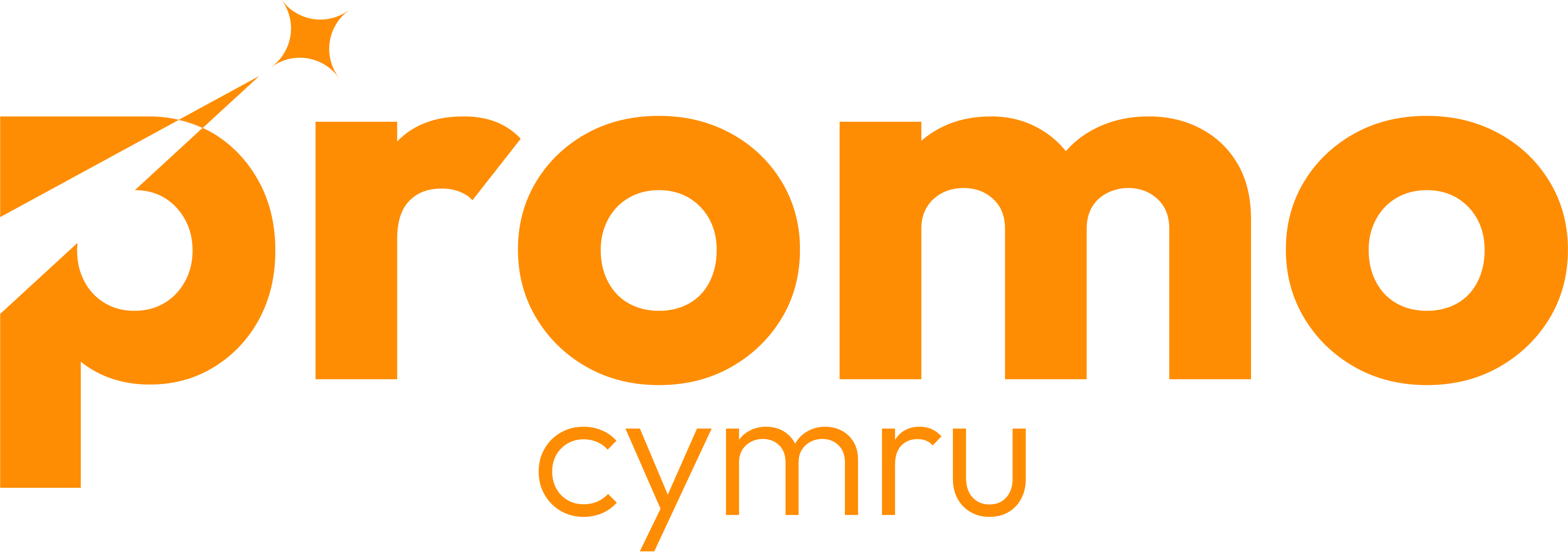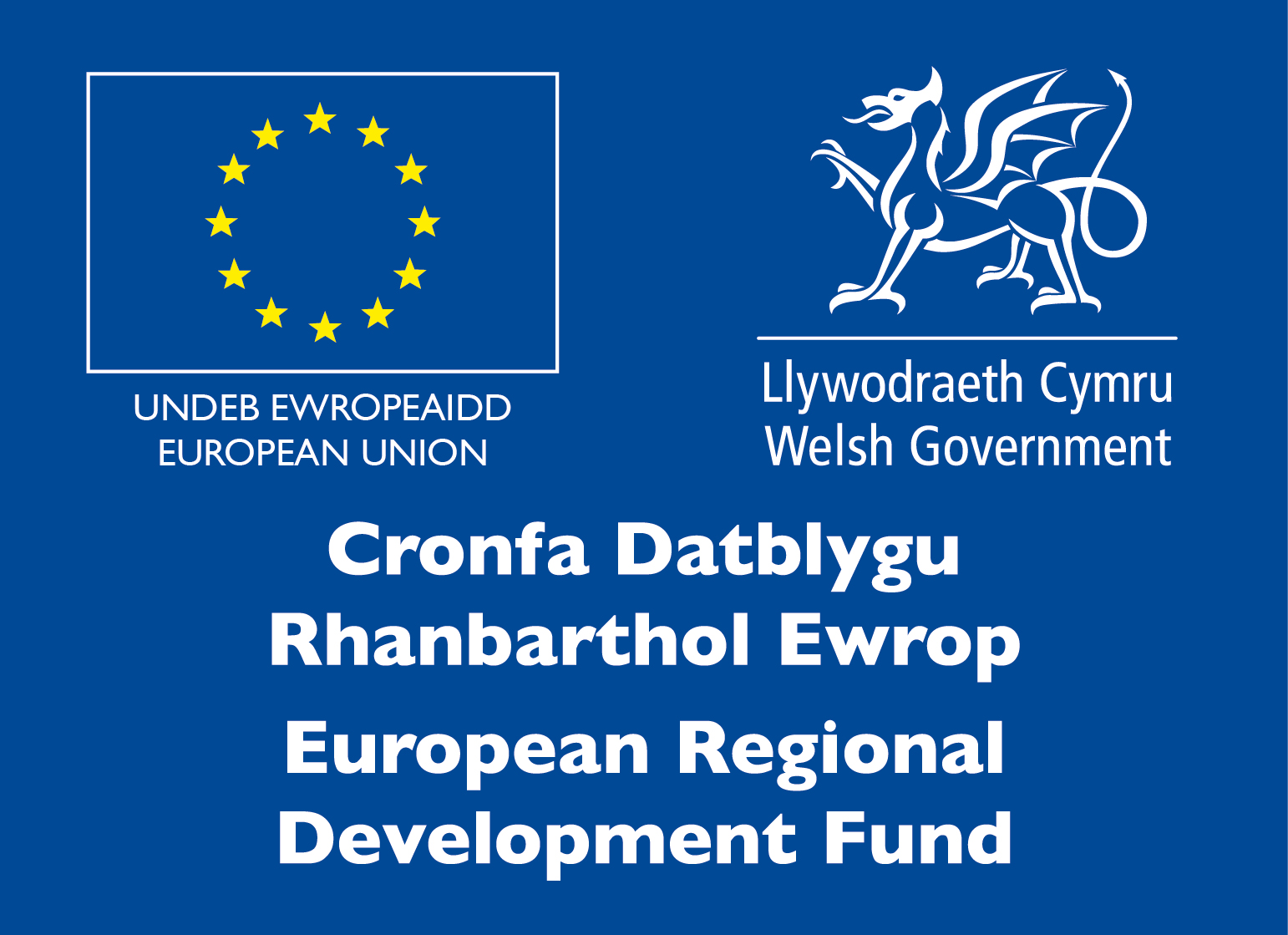by Arielle Tye | 8th Dec 2020
We at ProMo were very excited to recently speak with the Centre for Digital Public Services (CDPS) Wales and hear about their Service Design approach to designing better public services. We want to talk about why this approach is so important.
The CDPS Wales are using a Service Design methodology to think about how best to design digital services with user needs as the main consideration. Take a look at CDPS Wales standards:
- Focus on current and future well-being of people in Wales
- Promote the Welsh language
- Understand users and their needs
- Iterate and improve frequently
- Use data and user research to make decisions
- Consider ethics, privacy and security throughout
- Every service needs an empowered service owner
- Every service needs a multidisciplinary team
- Use scalable technology
- Work in the open
More detail on the standards here
Service Design is also the method we champion. It can be used to create digital and non-digital services. We want to share why we think this approach is so important in a real-world context.
ProMo recently worked with Cardiff and Vale University Health Board using a Service Design approach. The Health Board wanted to find out how best to provide services that met young people’s needs. We spoke with young people who might have used the service, to see things from their perspective and understand the barriers they have when engaging with a drugs and alcohol service.
Young people were given scenarios and asked how they would act. They were asked:
“What steps would you take if your friend passed out drunk at a party?”
“In what situations do you think drugs and alcohol become a problem for you or others?”
After delving deeply into young people’s perspectives and attitudes around drugs and alcohol, and what was acceptable to them or not, we asked them how they would like to access help if and when they needed it.
Many young people expressed that they wanted anonymous services, places they could seek advice easily, for free and confidentially.
However, when we asked the same questions to a group of young people from a community where the use of substances was a significant problem, the findings were very different. These young people were excluded from school, some had been in trouble with the police, and many of them had first-hand experience of substance use impacting them and their families.
The most common response from this group was that they would never consider accessing a drugs and alcohol service out of fear of being taken into care or getting into trouble with the police. The young people were very aware of the duty of care professionals have to get authorities involved, if something they say puts themselves or others at risk.
This process highlighted a real barrier to young people accessing support. The question of how best to design a service changed from “how do we best provide drugs and alcohol services that meet young people’s needs?” to “how do we ensure young people feel safe to access support when they need it?”
This example demonstrates the value of user research. Many services are constrained by their initial design based on assumptions of what people need and what has been delivered previously. Service Design can help begin to change how services work with and for people by centering people in the design of new and existing services.
We are incredibly pleased that CDPS is now championing Service Design in the public sector, and we will support their progress and share their learning across the public, youth and third sector organisations we work with.
For more information on CDPS
To speak to us about Service Design contact arielle@promo.cymru













